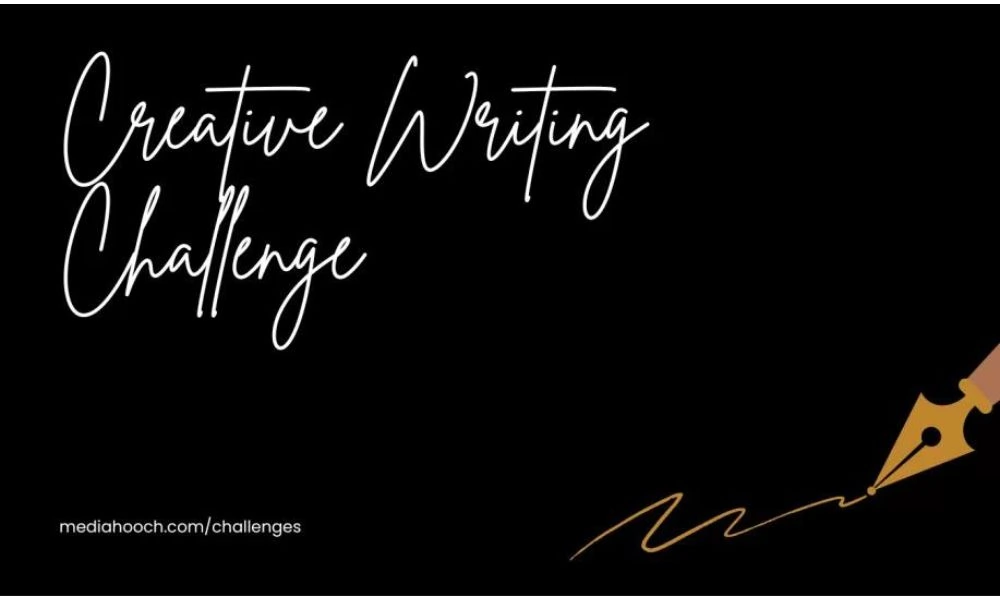Knowing how to handle criticisms better is a valuable skill necessary for thriving in the workplace and society at large. We are humans and imperfections are a part of our DNA. We do not have the chance to always be perfect at what we do, hence, those who can see our flaws have the right to criticize and call us to check.
However, if you do not know how to handle criticisms better, you would have issues relating to people around you. Particularly because it is easier for others to see our flaws and give correction and people find it difficult to take or even learn from correction.
Types of Criticisms
Criticisms are opinions, judgments, or values someone has on a person’s work, actions or thoughts. It can be a positive or negative opinion and is usually aimed at pointing out flaws.
There are two types of criticism and you can identify them by how they are delivered- Constructive criticism and destructive criticism.
Constructive criticism is a good type of criticism aimed at pointing out your flaws and showing you how to work on them. Receiving constructive criticism can help you improve better if you work on it.
Destructive criticism, on the other hand, is a type of criticism that has no aim of improving a person. It is done without carefulness or consideration of a person’s feelings. Although it may have some truth in it, it would be difficult to act on it because the criticism comes with so much anger and hurt.
The difference between these two types of criticism is in the delivery. When criticizing someone, do it with understanding. My mum would say, “Correct a person the way you’d love to be corrected”.
Knowing that criticisms can come with so many emotions, here are 7 tips on how to handle criticisms better.
7 Tips on How to Handle Criticisms Better
1. Control Your Emotions When Receiving Criticisms
You are much less likely to learn from your mistakes if you react angrily to every correction you receive. And trust me, you’d receive corrections every day.
The first tip on how to handle criticisms better, is by knowing how to control your emotions. It is natural to want to react when you are being criticized but this method does not prove effective. Instead, it stops you from learning.
The more emotional we are, the more defensive we become.
The best emotion to show is no emotion. When you know you are building a defensive wall around your actions, take a deep breath and pause. It is a simple but effective way to cool down that immediate reaction building up.
If you know you are not in the state of mind to respond appropriately, ask if the conversation can be had another time and give your reasons why politely.
2. Learn to Listen Attentively
Attentive listening involves paying attention to what is being said and giving your speaker nonverbal signs that you understand.
Receiving criticism can be very uncomfortable and our natural technique is to withdraw and act nonchalantly or even dismiss the correction.
Once I was cooking at home when my sister told me not to take a certain action until she told me to. I did not listen because, first, I am older than her and secondly, I had years of experience in cooking compared to her. Let’s just say, when I was done, I wished I had listened to her.
When you’re being criticized, learn to listen objectively. This means, paying attention to the corrections with an open mind without jumping to conclusions immediately. Listening to corrections gives you a view of your actions from another angle different from yours.
As Dale Carnegie said in his book, “How to Win Friends and Influence People”-
“Any fool can criticize, condemn, and complain but it takes character and self-control to be understanding and forgiving.”
Dale Carnegie
3. Focus on the Suggestions and Not the Tone
And we have come to the hard part of criticism – the delivery.
See, I need you to understand this – people are very different. How I would take or interpret your words or actions will be different from how another person would. Again, how your parents will correct you will be different from how your boss in the office would.
Do not think or expect everyone would criticize with a friendly tone.
Some people may have valuable suggestions that can help you improve but their tone and manner of approach may affect how you receive them. In situations like this, pay attention to the message, not the messenger.
Subsequently, you can approach the person and appreciate their feedback while politely letting them know how you felt about their manner of approach.
4. Avoid Taking Criticisms Personal
I don’t know if you’ve noticed but people hate to be corrected and when you correct them, they tend to take it as an attack.
As much as you hate being criticized, you also dish out criticism to others. Shocked?
Alright, check this. Has someone done something or said something and you felt it was wrong and you pointed it out to the person?
How you view criticisms will determine how you handle criticisms better. When you understand that constructive criticisms are meant to point out our mistakes, you’d learn to appreciate them more.
5. Always Ask Questions From the Feedback
A good way of checking how helpful a criticism will be is by asking questions from whoever is giving out the feedback.
Not all criticisms are valuable. Some are given out of a place of anger and hate. These are destructive criticism and they usually have no solutions on how you can work better on them.
A good way to work on criticisms is by asking questions on how best to work on the flaws being identified. Especially when the corrections are coming from people you trust and have a good relationship with.
I was to work on a group project with a few course mates and we planned on working on a presentation. During practice, I was always interjecting my mates and interrupting their speech. A close friend of mine within the group called me aside and told me the negative effect of my actions and gave me tips to work on them.
Subsequently, I had to learn how to let them speak without interrupting them with corrections. Only after their full speech did the group point out where they needed to work on and improve. The presentation was a success!
The purpose of criticism should be so you can improve.
6. Receive Criticism With Humility
One good way of how to handle criticism better is by being open to corrections irrespective of your age, status, or position.
Did I just shake a table?
It is easier to receive criticism from people above us but what happens when the suggestions are coming from those, we consider junior.
You see, the Nigerian “do you know who I am” attitude has blocked us from being open to correction. And, you don’t need to be on the third mainland bridge to exhibit it.
Every time you belittle suggestions from people you feel are inferior to you in age, status, position, or class, you are saying “do you know who I am. Why should I listen to you?” Just as how I refused to listen to my sister when I was cooking.
Be open to corrections from everyone. We do not always know it all.
7. Resist the Urge to Criticize Back
Coined from the popular saying “resist the urge to shalaye”, resisting the urge to criticize back is a better way to handle criticisms.
When you are being corrected and you realize that the flaw isn’t from you but the person criticizing, it is always best to avoid criticizing back, immediately. That would only add fuel to the burning fiery emotions.
Instead, nod in the affirmation that the criticism has been well received and give your feedback later when emotions are not misfiring.
Also, when receiving criticism, that is not a time to also remember the flaws of the person. Responding to criticism with another criticism has proven to be a very bad move.
Conclusion
In this article, I have shared 7 tips on how to handle criticisms better. The real effect is not just in reading but putting these tips to practice.
Criticisms are part of our daily interactions. We can be better at handling them by keeping an open mind, controlling our emotions, and paying attention to suggestions.
What tip do you wish to work on? Let me know by dropping a comment in the comment section. Personally, my favorite part has to be tip 6.
FAQs
What are criticisms?
Criticisms are opinions or judgments we have of the actions, behaviors, or thoughts of others.
Is criticism bad?
There is nothing wrong with receiving criticisms. They help us know our flaws and prove that we can work to be better every day.
How to respond to criticisms?
The best ways to respond to criticisms are by remaining calm, paying attention to what is being said, and asking questions on how to improve.
What are the types of criticisms?
There are two types of criticisms. Constructive criticism is given with the aim of correction and improvement while destructive criticism is done without regard for a person’s feelings.
How do I criticize someone?
When criticizing, understand that the person has feelings too. Give corrections just as how you would love to be corrected. This involves appreciating a person’s effort, giving out the corrections, and ending with an appreciation again.




























0 Comments